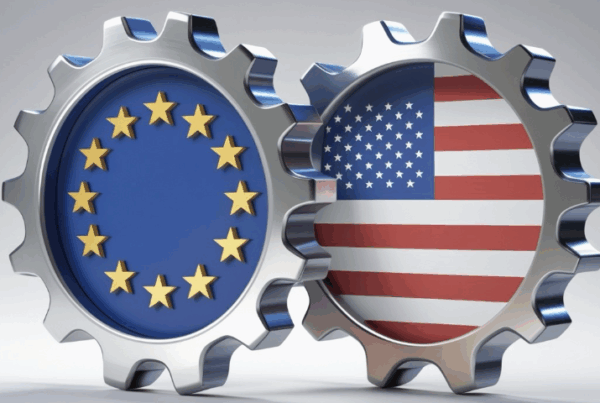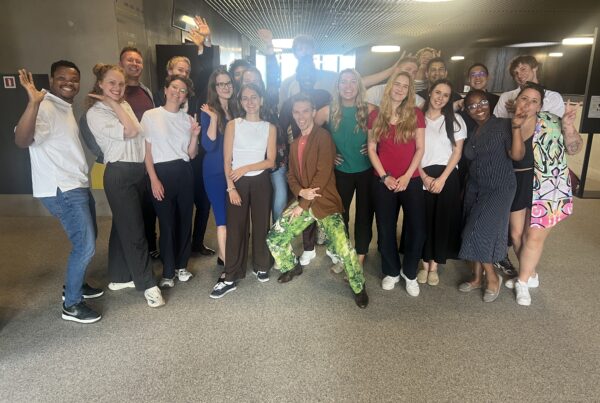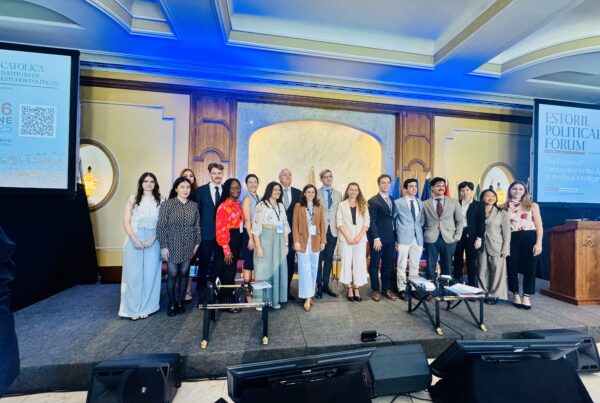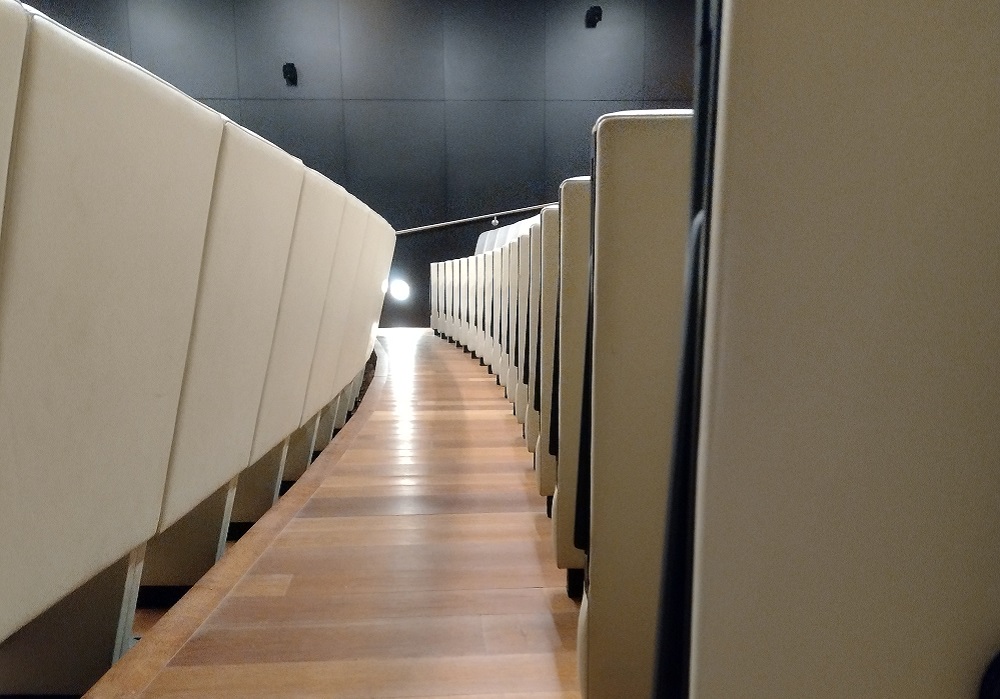
Report on Policy-Making Inside Europe
By Dr Dimitar Bechev, Acting Programme Director for Core Activities at the Europaeum
On 24-26 January, the Europaeum held its annual policy seminar, Policy-Making Inside Europe. The event was co-hosted with the European Parliamentary Research Service, with Joanna Apap (EPRS) and Dimitar Bechev as co-convenors. Although COVID-19 restrictions prompted a switch to an online format rather than a study visit to Brussels as originally planned, the policy seminar attracted a great deal of interest from across the 18 universities in the network. We received close to 80 applications and were able to offer places to 30 graduate students from a variety of fields including European Politics, Law, History, International Relations, Political Science, Migration Studies, and Environmental Sciences. The following universities were represented: Tartu, LMU Munich, Paris, Oxford, UPF Barcelona, Leiden, Krakow, Helsinki, St Andrews, Copenhagen, Luxembourg, and Charles University, Prague.
This year’s seminar benefitted from a selection of high-profile speakers from EU institutions (the European Commission, Parliament, Council); member states’ governments, such as Slovenia’s Minister for Digital Transformation, Mark Boris Andrijanic; academia; and think tanks. We also had representatives from NATO, notably former Assistant Secretary General, Antonio Missiroli. The seminar kicked off with a presentation of the EPRS report on Ten Issues to Watch in 2022. It also featured four thematic panels covering a broad range of topics: the Conference on the Future of Europe, Green Transition, Digital Governance, and Transatlantic Relations, as well as two keynote lectures: by David O’Sullivan, most recently EU ambassador to the United States, and Heidi Hautala, Vice-President of the European Parliament.
The panel discussions were followed by interactive debates involving students and moderators coming from EPRS and specialising in the issue at hand. The breakout sessions as well as the Q&A after the panels saw the students actively engaging, posing questions and expressing their views. Joanna Apap kindly prepared a detailed synthesis of the discussions in the breakout sessions, based on the notes of the moderators.
A student’s perspective
Mara Sofia Crăciunescu of the University of Tartu, Estonia, reflects on Policy-Making Inside Europe
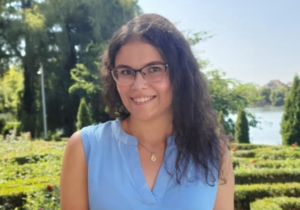
My name is Mara Sofia Crăciunescu and I am a student on the Master’s Programme in International Relations and Regional Studies at the University of Tartu. I found out about the Europaeum and this Policy Seminar from my Programme Director, Professor Eiki Berg. Ever since I started university, I have taken the opportunity to apply to most of the events shared by our professors, as each offers a unique experience that can help me develop new skills.
The 2022 Europaeum Policy Seminar was a great opportunity to broaden my knowledge about European digital governance, the green transition, EU-NATO cooperation in the context of transatlantic relations and other key issues that would be addressed at the Conference on the Future of Europe 2022. It was a thought-provoking seminar where I had the chance to improve essential skills, such as problem solving and communication. I was honoured to join in discussions between experts and learn about the policy-making process inside the European Union from employees of the European Parliamentary Research Service.
Even though it had to move online for safety reasons, I enjoyed how the event was organised. Four panels were scheduled over the course of two days, each of them addressing fundamental topics and bringing us into direct contact with those at the sharp end of European decision-making. I believe that the activities and the amount of information were perfectly balanced to make the entire event enjoyable. Since the pandemic started, I have attended many online events, which, unfortunately, lacked the element of interaction among the participants. However, I noticed how the Europaeum organisers paid attention to this aspect and made the seminar a success.
I had the opportunity to join in discussions with distinguished guests who took their time to present their areas of expertise and explain how they are working on resolving current challenges. The talks were open and all the participants had the opportunity to ask their questions and make comments. The moderators took care that all our questions were addressed and adjusted the timing in order to conclude every issue.
In addition, the keynote speakers enhanced my understanding at this seminar through their captivating presentations. I gained new insights into the European Union’s role in the international arena and its policies regarding human rights. Their interventions as the last point of the programme on both days inspired me to reflect during the rest of the evening upon the need for urgent solutions and come to a better understanding of the key policy challenges. Furthermore, these panels helped me with my academic research, which is focused on the Europeanisation process in former communist states.
It was an enjoyable experience to meet students from different universities around Europe. Discovering multiple views and solutions to the same problem helped me to strengthen my critical thinking. I really appreciated that, after each panel, we had the opportunity to debate the topics amongst ourselves in the online breakout rooms. I believe this was the key aspect of the event because it was the moment when we had the chance to go deeper into the subjects and analyse the problems from all angles. Therefore, the breakout rooms enhanced the interaction that would have happened during the breaks of a face-to-face event.
Consequently, I succeeded in strengthening useful skills, gaining professional experience, as well as networking with students from all over Europe. I am really glad for the useful insights gained from both the speakers and the participants. I recommend this seminar to anyone interested in deepening their knowledge about European affairs in a distinguished and international environment.
View pre-event application information Return to Events Overview
